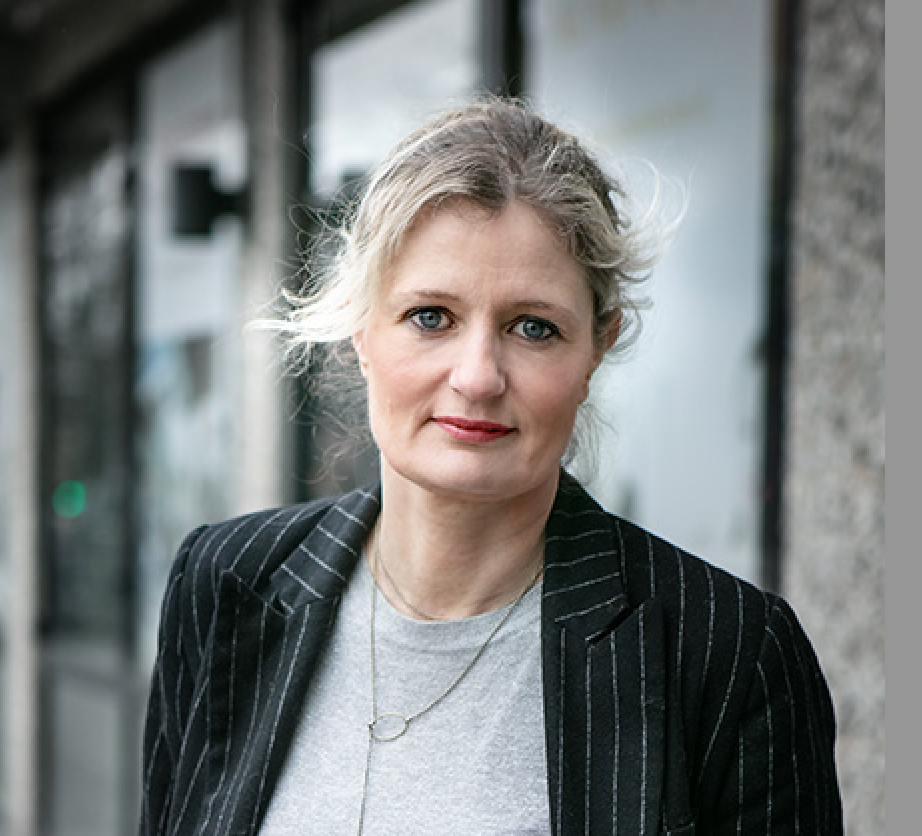A major concern was how health systems, already overwhelmed by the pandemic, could provide mental health care that could be delivered remotely. RESPOND used two WHO psychological interventions to address COVID-19-related distress: Doing What Matters in Times of Stress (DWM) and Problem Management Plus (PM+). These interventions follow a "stepped care" model, beginning with low-intensity support and progressing to more intensive care if necessary.
DWM, a self-help guide based on Acceptance and Commitment Therapy (ACT), helps individuals manage stress, build resilience, and improve coping strategies. PM+ is a five-session intervention targeting depression, anxiety, and PTSD, delivered by non-specialist workers, focusing on problem-solving, stress management, and social support. These interventions have shown to be effective and can be implemented both quickly and at a low cost.
In RESPOND, they were tailored to the context of the pandemic, and delivered to vulnerable groups, such as healthcare workers, migrants, asylum seekers, and refugees. The countries targeted in the project were the Netherlands, Spain, Italy, Belgium, and France. Data from the populations of Sweden, Italy, and Spain were also analysed and compared.
WHO’s scalable interventions were designed to be delivered by trained non-professional helpers, making them cost-effective and adaptable to various populations and contexts. This scalability helps address the global mental health treatment gap, as many individuals with mental health issues lack access to evidence-based care.
VU TEAM MEMBERS
- Prof. dr. Marit Sijbrandij
- Dr. Anke Witteveen
- Rinske Roos
- Caroline O’Neill
- Prof. dr. Pim Cuijpers
- Prof. dr. Annemieke van Straten
- Christina Palantza


